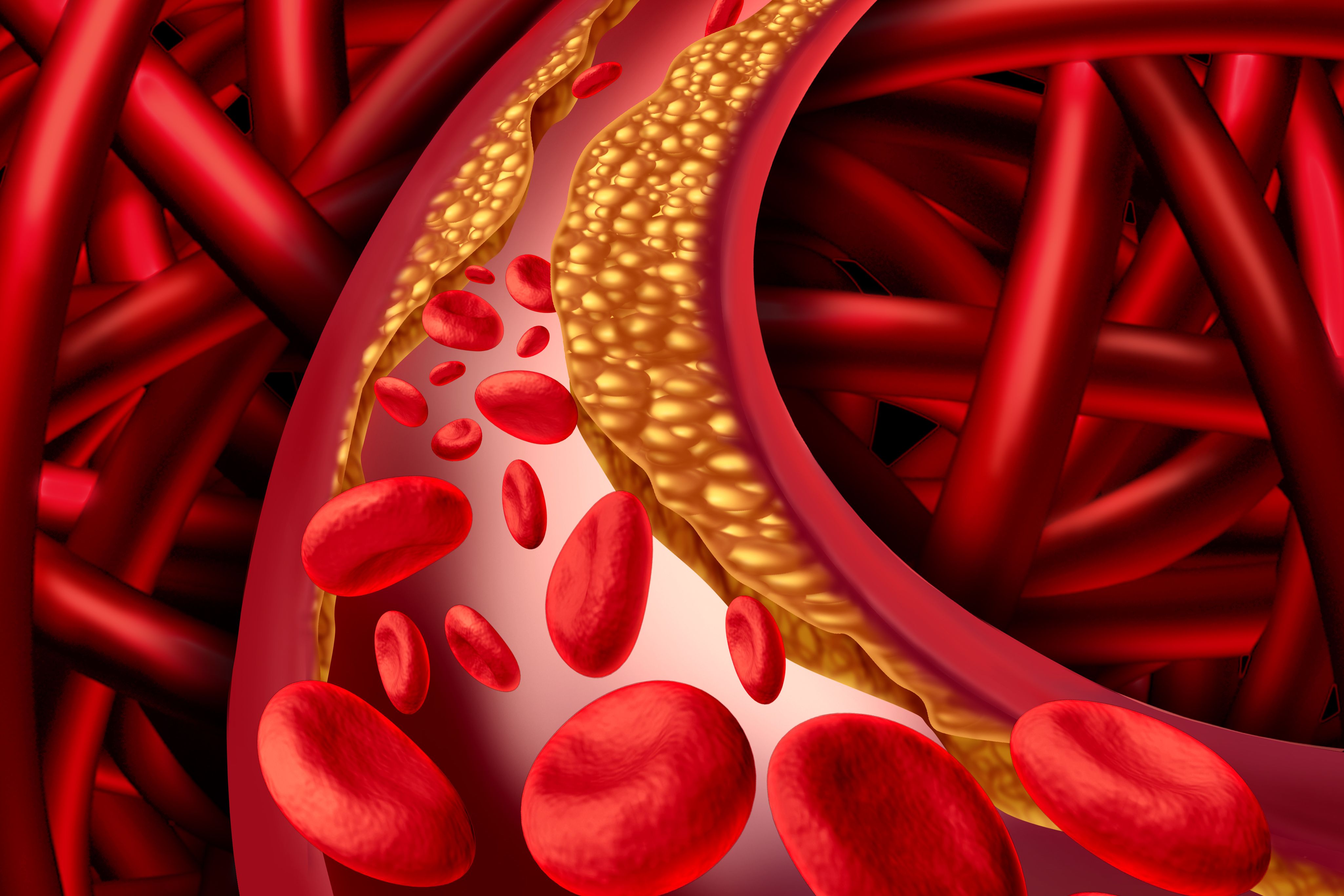
(Vienna, 25 June 2018) It is well known that pre-existing cancer is a significant risk factor for venous thrombosis. What was hitherto unclear was whether cancer also has a negative impact upon the risk of heart attacks, strokes or occlusions of peripheral arteries. A study conducted at MedUni Vienna's Division of Hematology and Hemastasology within its Department of Medicine I and recently published in leading journal "Haematologica", shows for the first time that the risk of these arterial thromboses and their consequences is also higher in patients with cancer.
"We were able to show that, although the risk of arterial thrombosis in patients with malignant tumours is significantly lower than that of venous thrombosis, there is a great variation, depending upon the type of tumour," says lead author Ella Grilz, describing the new findings. "For example, the risk of arterial thrombosis is much higher in the case of renal or lung cancer than in breast cancer," she adds.
That is the latest finding of the prospective CATS study (Cancer and Thrombosis Study), which has been running since 2003 and includes more than 2,000 cancer patients. The main focus of the CATS study, led by Ingrid Pabinger and Cihan Ay, is to identify factors that help to predict venous thromboembolism in cancer patients.
Risk of an arterial prognosis is 2.6% – significant increase in mortality
The latest results in detail: Within a period of two years, the average risk of arterial thrombosis in cancer patients is 2.6%. Although this is lower than the risk of venous thrombosis, which stands at approximately 8%, the risk of arterial thrombosis is much higher for particular types of cancer. For example, during the two-year study period, arterial thrombosis occurred in approximately 8% of patients with malignant renal tumours. It was also found that the mortality rate tripled in patients who suffered heart attacks, strokes or peripheral arterial occlusions while suffering from cancer.
Says Cihan Ay: "The new findings demonstrate that arterial thrombosis is associated with a higher mortality rate in patients with cancer. These patients therefore require special medical attention, in order to minimise complications."
The follow-on investigations of the CATS study will now look for potential biomarkers for heart attacks, strokes and vascular occlusions in patients with cancer. The Vienna Cancer and Thrombosis Study, which has now been running for 15 years, has already produced a series of important findings that improve the clinical prediction of risk and help to improve our understanding of the pathophysiological mechanisms of cancer-related thrombosis.
Service: Haematologica
"Frequency, Risk Factors, And Impact On Mortality Of Arterial Thromboembolism In Patients With Cancer", Ella Grilz, Oliver Königsbrügge, Florian Posch, Manuela Schmidinger, Robert Pirker, Irene M. Lang, Ingrid Pabinger, Cihan Ay.
Link: http://www.haematologica.org/content/early/2018/05/18/haematol.2018.192419